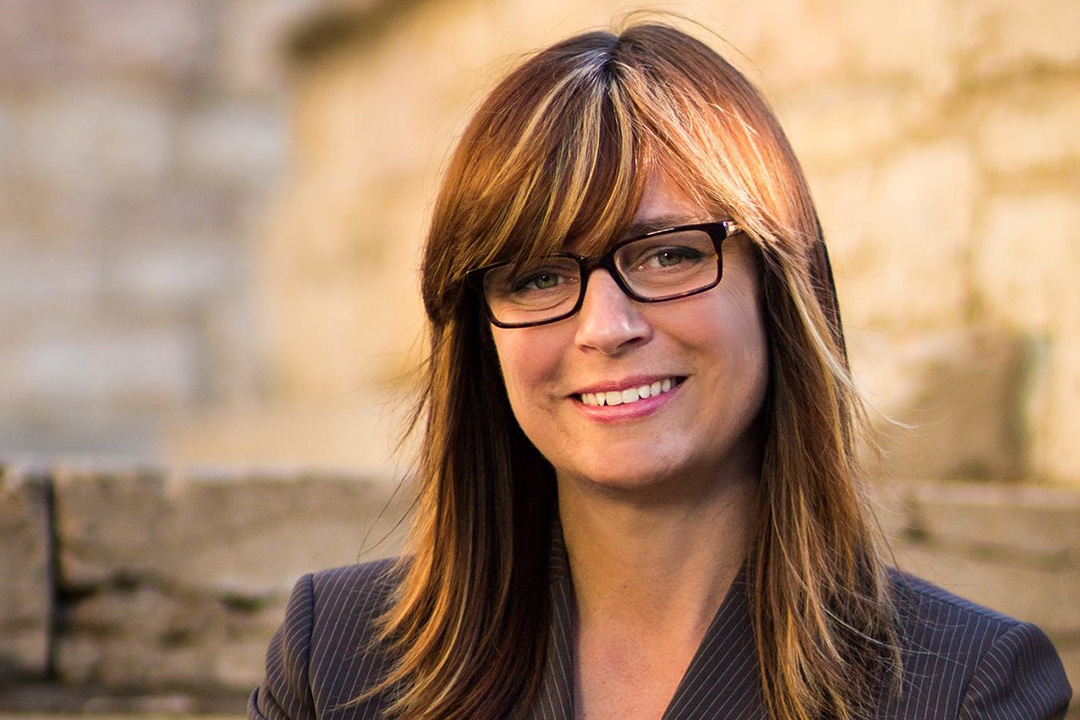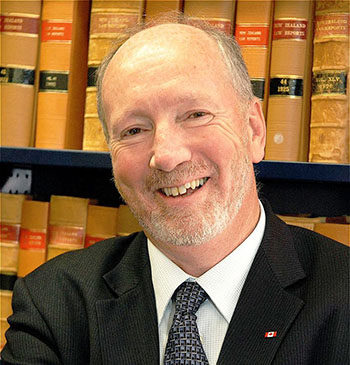
Law lecture series focused on re-envisioning policing
As the fall edition of the McKercher Lecture Series at the University of Saskatchewan (USask) College of Law moves online, the speakers committee has decided to view this shift in operations as a new opportunity.
By Sarah Trefiak“We’ve always envisioned this community as extending beyond our hallways, including our students, faculty, alumni, and others from the broader academic community and members of the public. Planning the 2020-21 year meant creating a new vision for how to have these conversations,” said Professor Michaela Keet, chair of the College of Law speakers committee.
The committee is hoping it will be easier for law students (who are currently situated across the country), alumni and the general public to participate in these live events without barriers such as parking and time to travel to campus.
Typically, each lecture covers a different topic, but this fall the McKercher Lecture Series will also feature a spotlight series that will allow for a deeper look at the issue of “Re-Envisioning Policing in Canada.”
“Issues of police-citizen relations have long been of interest to the law, whether in relation to the criminal law or the legal authority of the police, oversight of policing, or the tensions between ‘law and order’ and citizens’ basic liberties,” explained Professor Brent Cotter, a recent appointee to the Senate of Canada. “So, it’s a natural subject for the law school to explore.”

Recent conflicts and tensions between police and Indigenous people, or people from racial minority communities, were indeed reasons the committee decided to focus on this topic.
“The need to understand the police-citizen relationship better, and imagine ways forward toward greater reconciliation, has become even more urgent,” added Cotter.
The committee has invited a slate of experts to give the audience a better picture of the challenges between police and citizens, as well as offer insights into the ways in which policing can be re-envisioned and improved, and the ways in which we might all contribute to those improvements.
“We’ve designed the series to hear from experts on various aspects of the topic,” said Cotter.
Gerry McNeilly, former independent police review director in Ontario, will provide a perspective on policing and the issues faced by citizens from minority communities; Harold Johnson, a Cree author and lawyer, will examine issues faced by people of Indigenous ancestry; Senator Gwen Boniface, former commissioner of the Ontario Provincial Police, will speak to the challenges that police face and the potential for change; and Professor Kent Roach of the University of Toronto, whose insights have been sought by the legal community, academia and by those who provide police leadership and oversight, will close the series.
“With a bit more flexibility and creativity, we are moving into our 2020-21 lecture series with some renewed excitement,” said Keet.
Each of these free public lectures will be available at law.usask.ca on Mondays at noon beginning in October. Afterwards, they can be viewed on the College of Law’s YouTube channel at youtube.com/CollegeOfLawUsask.
Article re-posted on .
View original article.
